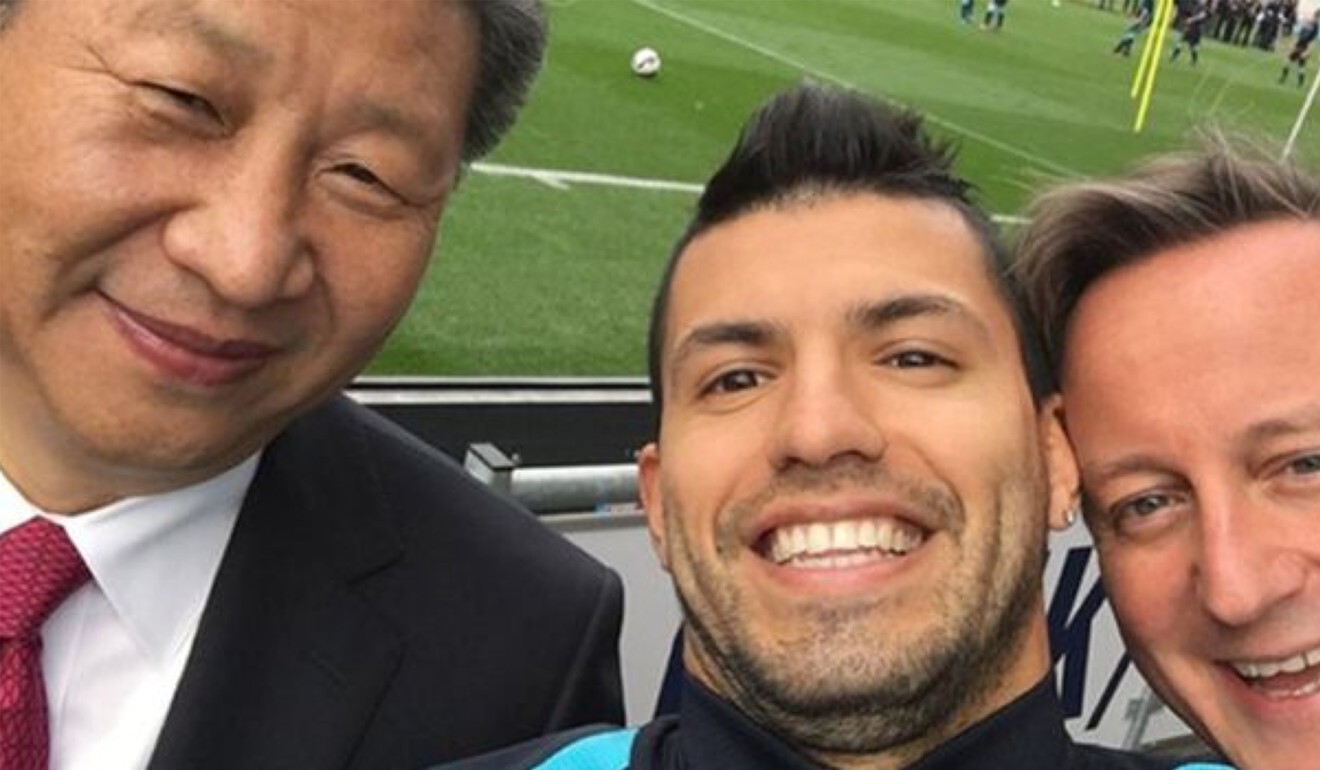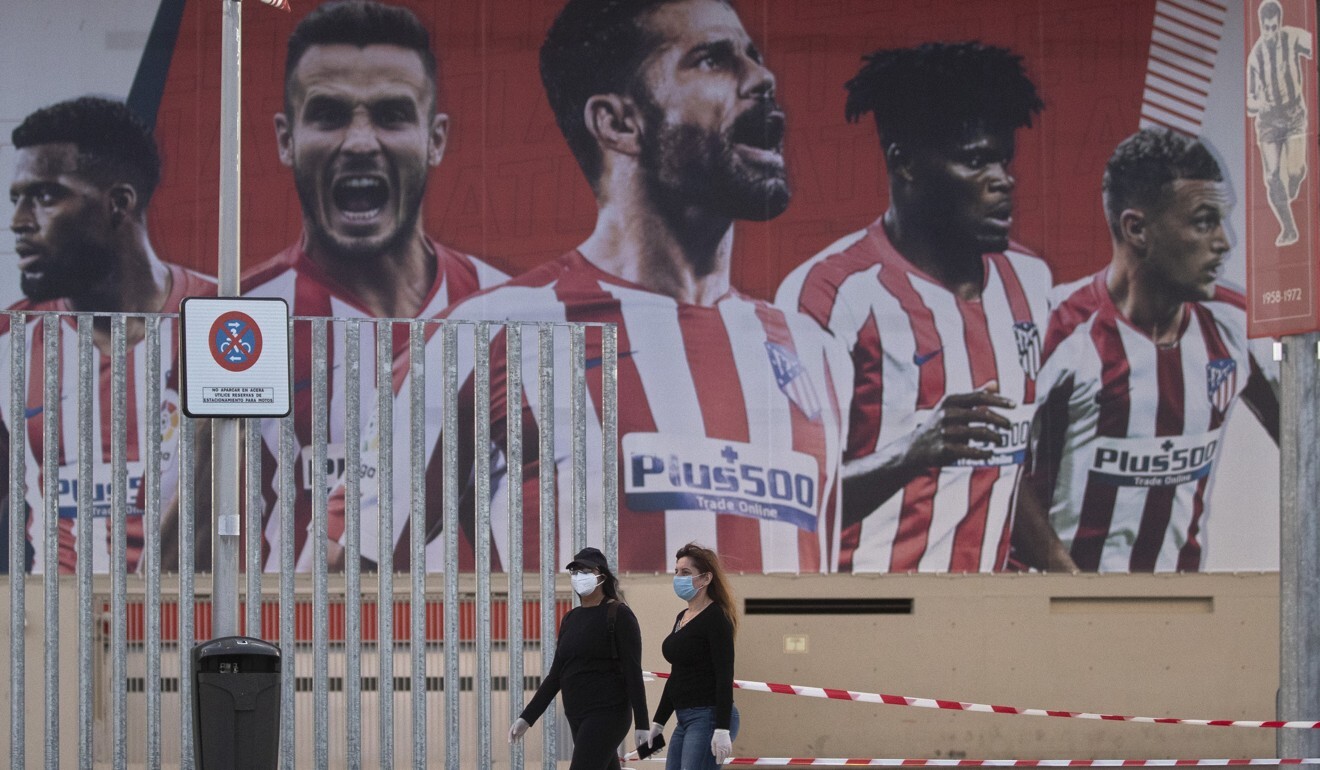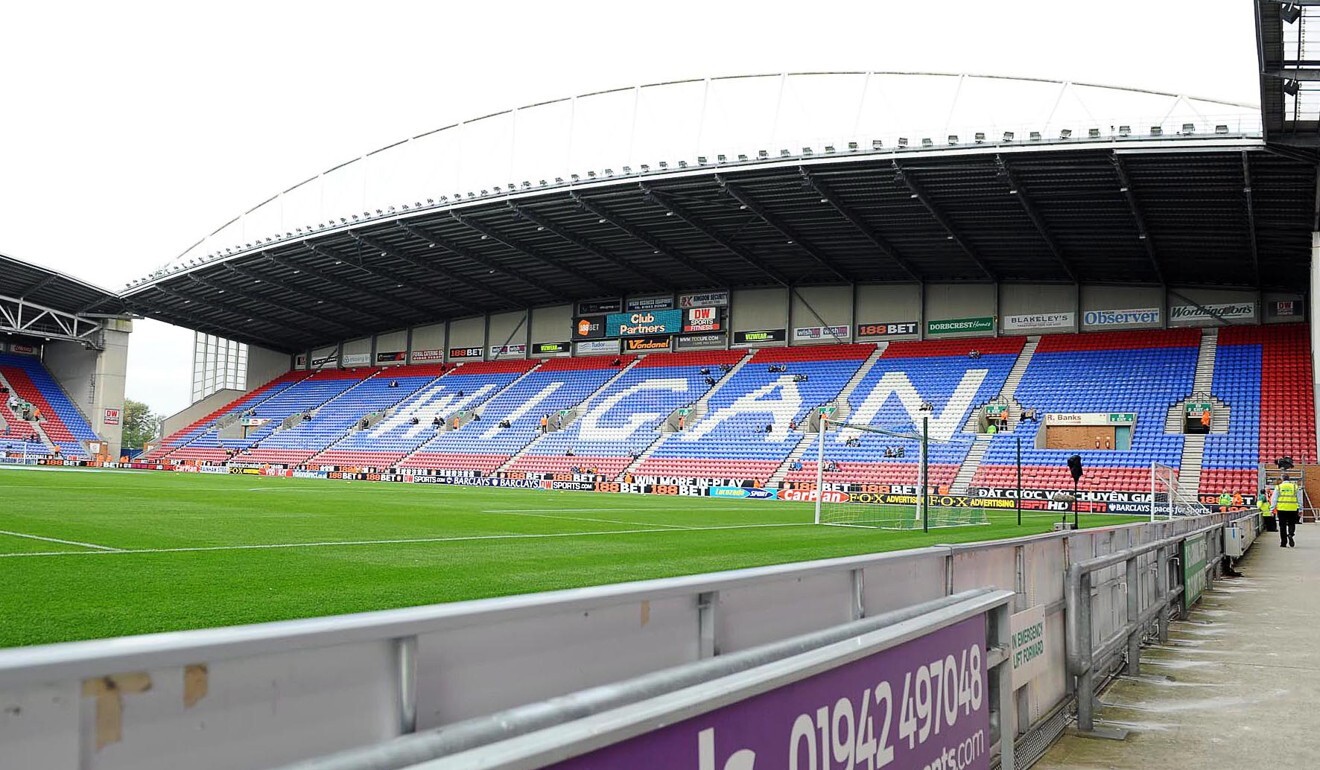
English Premier League clubs could pay for banking on China cash
- Mysterious Southampton shirt sponsors LD Sports pull out of three-year agreement after just 12 months citing pandemic struggles
- English Premier League in battle with Suning-owned PPTV over Chinese rights payment as coronavirus and politics threaten deals
The deal, Lyon president Jean Michel Aulas said at the time, “will enable OLG to accelerate its international ambition, and its growth strategy, with a Chinese partner, which also symbolises in Lyon, a major location on the Silk Road, an ambitious and friendly cooperation between China and France.”

The talk is of sportswashing but for those outside European football’s blue-blooded, various shirted aristocracy, the money has to come from somewhere. That has seen clubs look further afield for investment, either through ownership, sponsorship or partnership.
The hope is that those three ’ships will end with a championship but silverware seldom follows.
However, the real worry is what happens when the investment is state-sanctioned but not state-backed?
Now with the White House and Westminster falling foul of Beijing, questions are beginning to be asked of Chinese money in European football.

Then in 2018, Wanda, owned by China’s second-richest man, Wang Jianlin, was told to sell up its overseas investments, and that included the Spanish side. Beijing called the shots there, citing an end to “irrational” overseas spending, but its influence can be less direct.
Fixing the owners and directors test is one thing but even that cannot take into account geopolitical shifts and the whims of a country.

Now, they are holding out on a US$209 million payment and while the reason is said to be the coronavirus pausing the season, there are whispers that Sino-UK relations are playing a part. The EPL has reportedly retaliated by refusing a three-year extension.
Clubs have obviously come to rely on that money, just as they do their partners and sponsors.
Southampton’s massive shirt deal with LD Sports raised eyebrows last year, with the company consisting of little more than a website, and now the company has reportedly pulled out of its partnership two years early citing coronavirus-related financial concerns. That could cost the Saints nearly US$20 million.
Football is not only the global game, it is the globalised game. The financial impact of the pandemic is sure to affect investors local and overseas alike but there is only one foreign government that could have even more impact. Can even the most ambitious mattress partner bed down on their investment in the face of pressure from Beijing?
China, who Fifa credits with inventing football, is in a position to take the ball home when it comes to European clubs. Perhaps we will see just how big a football fan Xi is in the coming months.

